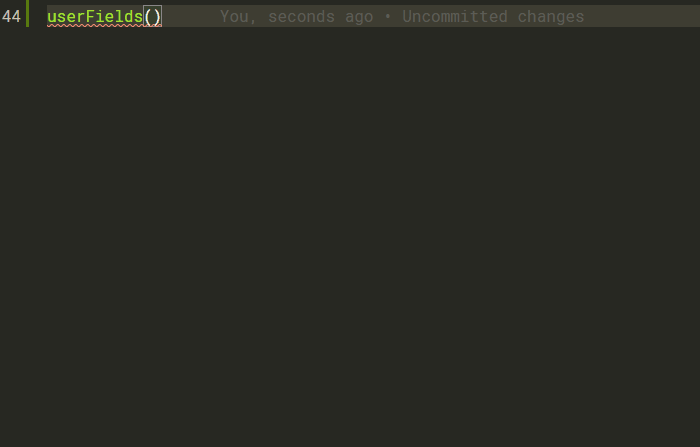A micro utility for obtaining string paths to object properties, i.e. get string 'address.geo.lat' to represent nested latitude property of an interface:
interface SomeInterface {
address: {
geo: {
lat: string;
};
};
}You have a large form based on a humongous interface that has deep nesting and you want to avoid shooting your feet by setting form inputs as plain strings. Originally I came up with this solution to use it for input names in react-hook-form, but it basically can be used anywhere where a string representing a path to object's property is required, i.e. can as well use it with Angular's FormGroup.get method to get a deeply nested control.
npm i property-string-pathLet's suppose we have an interface representing a user:
// user.model.ts
export interface User {
id: number;
name: string;
username: string;
email: string;
address: Address;
phone: string;
website: string;
company: Company;
}
export interface Address {
street: string;
suite: string;
city: string;
zipcode: string;
geo: Geo;
}
export interface Geo {
lat: string;
lng: string;
}
export interface Company {
name: string;
catchPhrase: string;
bs: string;
}Import the factory for creating generating the lookup function, and obsiously the interface you will be basing your form on.
import { propertyStringPathFactory } from 'property-string-path';
import { User } from './user.model';
// Generate helper for type you are using, i.e. a User interface
const userFields = propertyStringPathFactory<User>();Now instead of writing plain strings like 'address.geo' you can use the lookup function powered by intellisense:

Using with Angular Reactive Forms
Using with React Hook Form